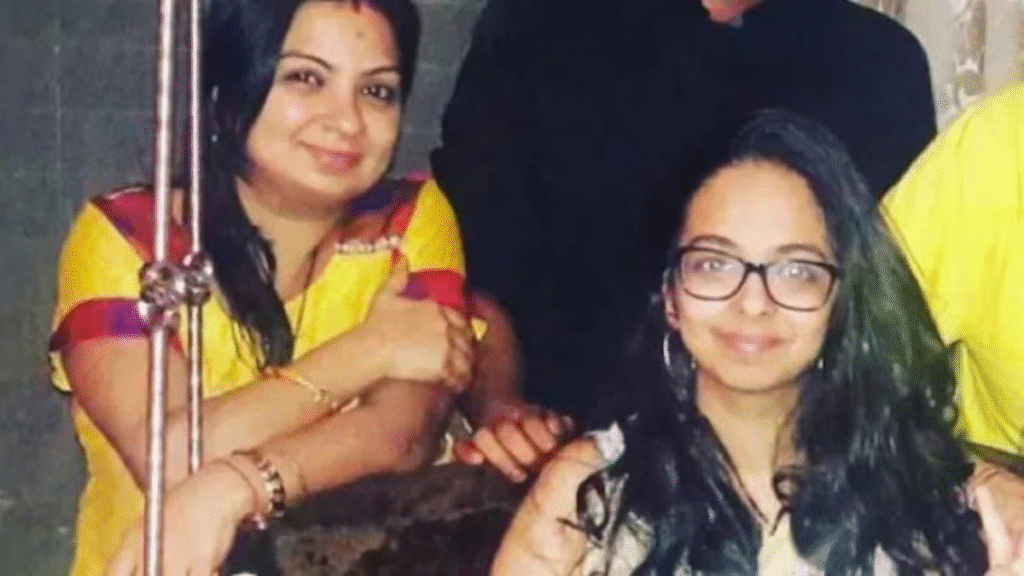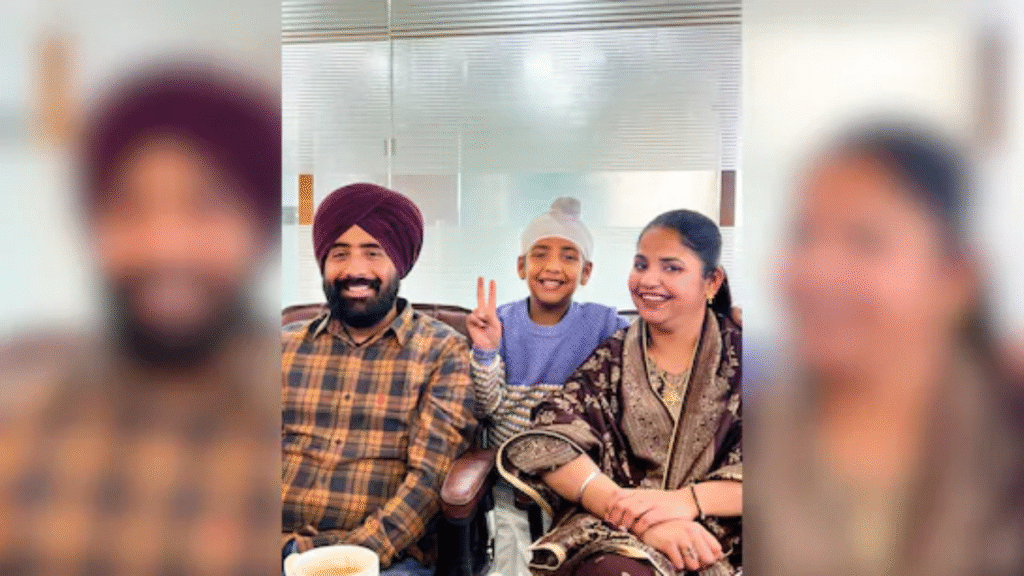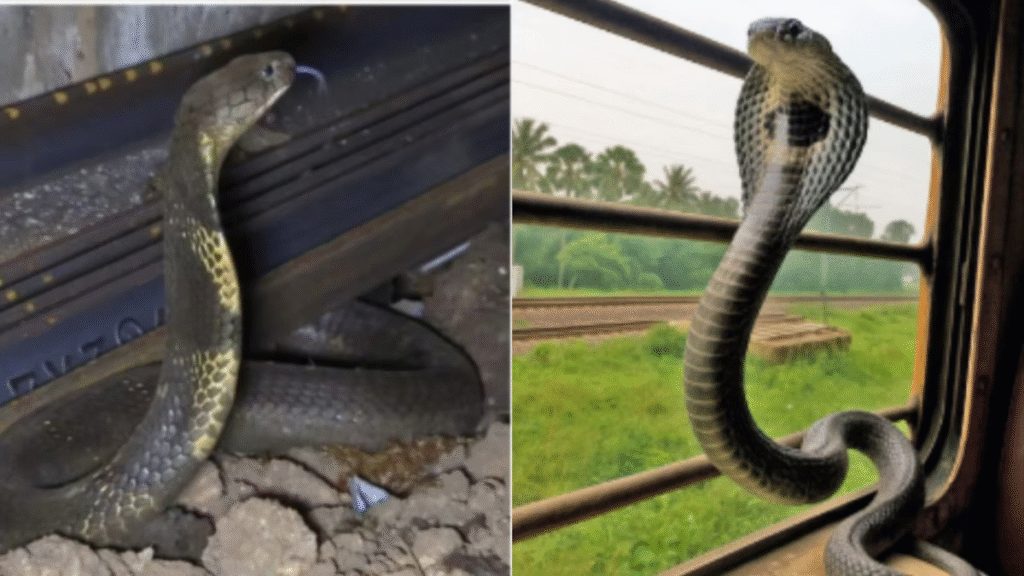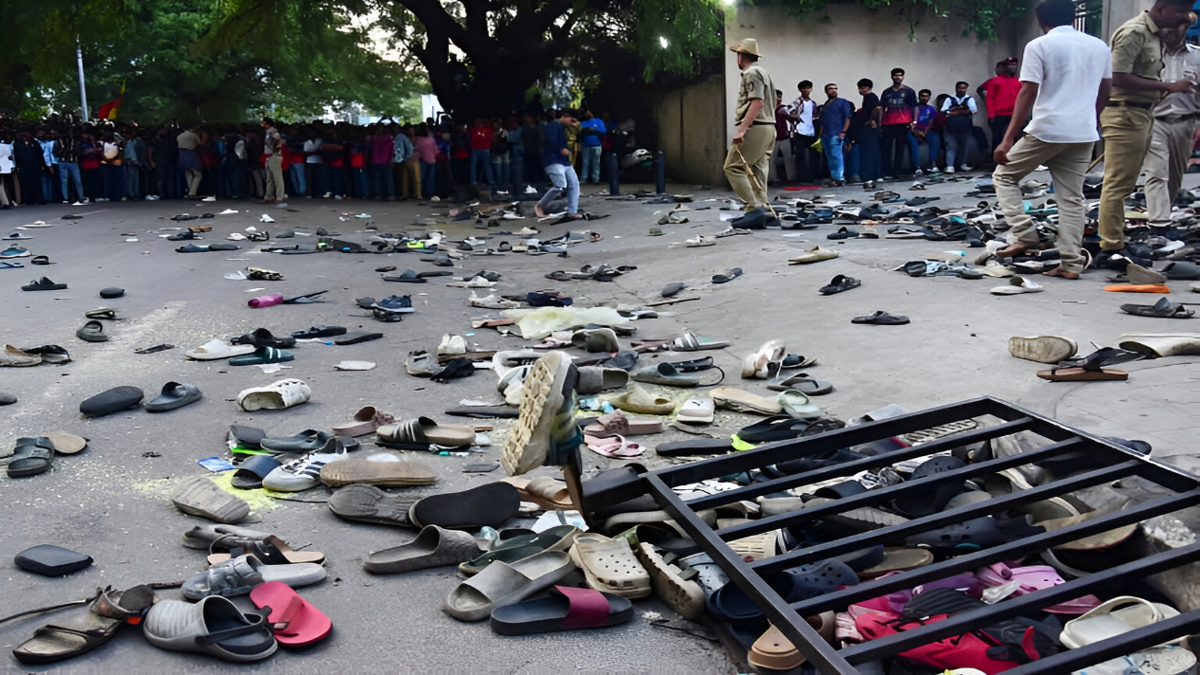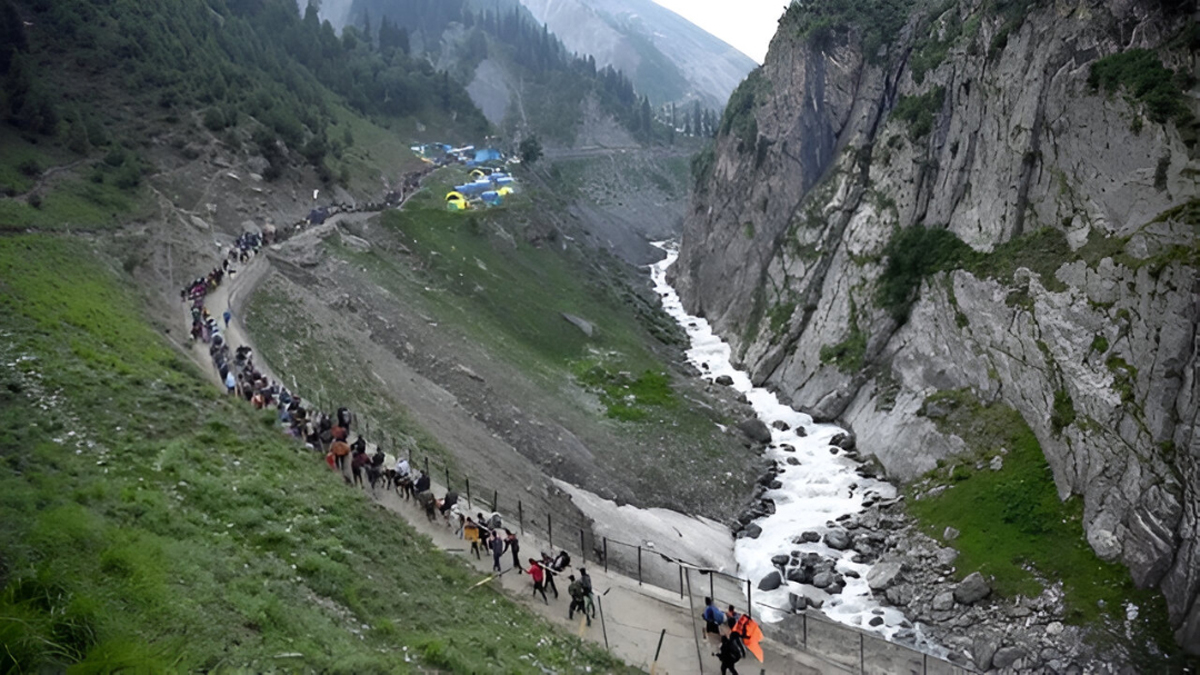Now Reading: Shashi Tharoor: Mediation Between Terrorists and Victims Implies Unacceptable Equivalence
-
01
Shashi Tharoor: Mediation Between Terrorists and Victims Implies Unacceptable Equivalence
Shashi Tharoor: Mediation Between Terrorists and Victims Implies Unacceptable Equivalence

Senior Indian Parliamentarian and Congress leader, Shashi Tharoor, has firmly asserted that any notion of mediation between terrorists and their victims is fundamentally flawed, as it implicitly creates an unacceptable equivalence between the two parties. Speaking in Washington D.C. as part of an all-party Indian delegation, Tharoor emphasized India’s unwavering stance against terrorism and its rejection of any attempts to equate a democratic nation defending itself with those who perpetrate acts of terror.
Tharoor’s remarks came during a high-level meeting with US Vice President J.D. Vance, where discussions reportedly covered a wide range of critical issues, including recent terror attacks and India’s counter-terrorism operations. The Indian delegation’s visit to the US is part of a broader diplomatic outreach effort aimed at clearly conveying India’s position on terrorism and regional developments.
“The main point is that mediation implies an equivalence between two parties, and there can be no equivalence between terrorists and their victims,” Tharoor stated, reiterating India’s consistent stand. He highlighted that this message was clearly understood by Vice President Vance and has been received across various levels of the US administration.
Tharoor’s statement is particularly significant in the context of previous suggestions from some international quarters regarding mediation in conflicts involving India and its neighbors. He underscored that mediation is not a term India is willing to entertain when it comes to dealing with terrorism, as it suggests a parity that simply does not exist.
He further elaborated on the asymmetry of the situation, stating, “There is no equivalence between a country that provides a safe haven to terrorism and a country that’s a flourishing multi-party democracy that’s trying to get on with its business.” This clear distinction aims to counter narratives that attempt to portray India and those sponsoring terrorism on an equal footing.
The parliamentary delegation’s visit also served to brief US stakeholders on recent events, including the Pahalgam terror attack and India’s subsequent military response, Operation Sindoor. Tharoor conveyed that India’s actions were legitimate self-defense measures taken against terror infrastructure, and stressed that India is not interested in war but in confronting terrorism directly. He contrasted India’s targeted approach against terror bases with the tendency of those who harbor terrorists to strike at innocent civilians.
Tharoor also addressed counter-narratives put forth by other delegations visiting the US, particularly those attempting to frame themselves as victims of terrorism. He critically questioned the origins of such terrorism, implicitly referring to the breeding grounds of terror in certain regions. He invoked Hillary Clinton’s famous warning about “breeding vipers in your backyard and expecting them to bite only your neighbors,” urging introspection from those who claim victimhood while fostering extremist elements.
The Indian delegation, comprising MPs from various political parties, underscored the unity within India on the issue of combating terrorism. Tharoor expressed satisfaction that the delegation successfully conveyed India’s message and reaffirmed the importance of bilateral relations with the countries visited. His strong assertion in the US signals India’s firm resolve against any attempts to legitimize terrorism or place its victims on the same moral plane as its perpetrators.

